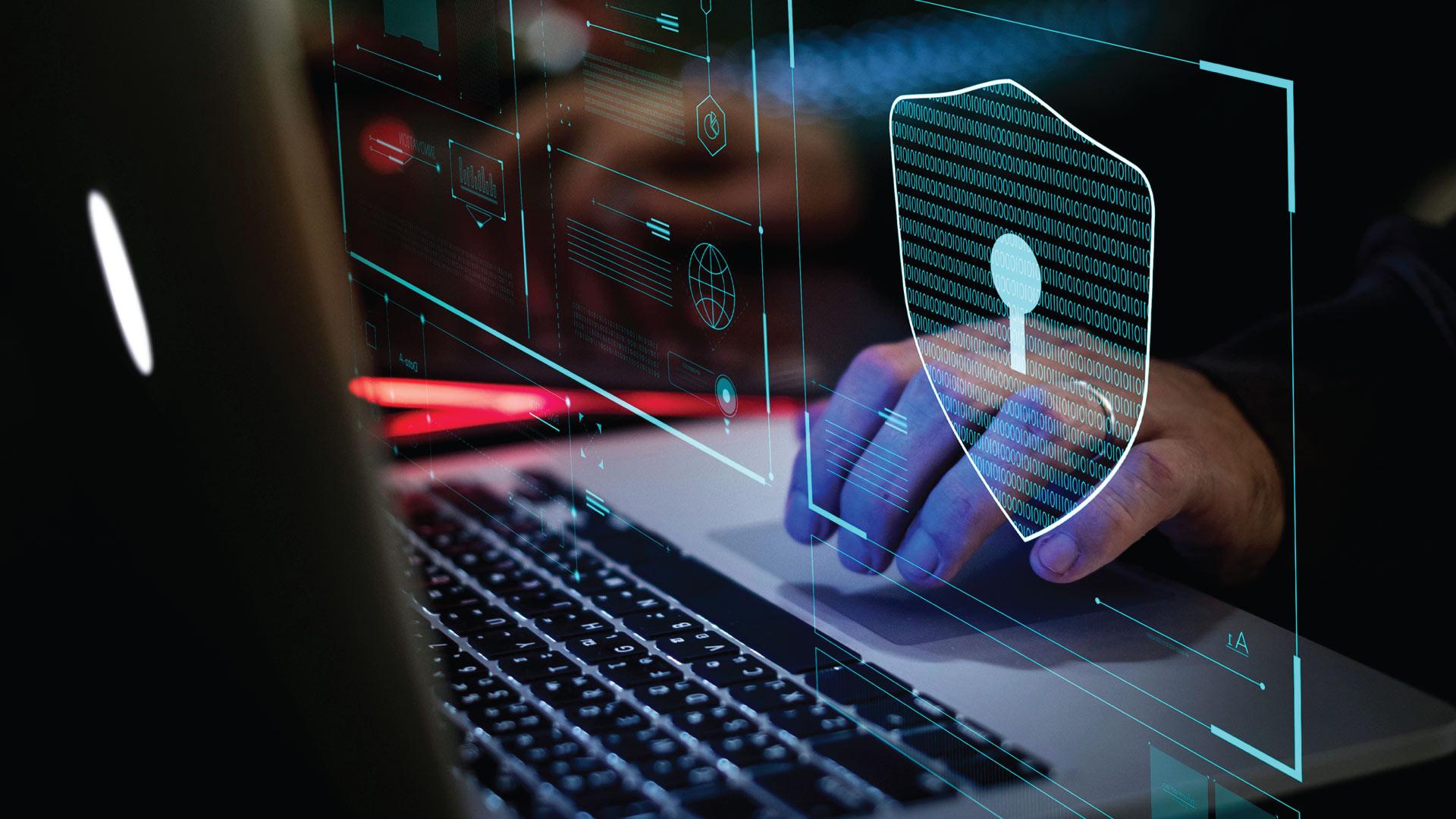Guide to Cyber Threat Detection and Response
With rising threats, organizations are now searching for more effective data protection due to the growing dangers. What benefits does a threat detection and response plan offer? With increasing data and network usage, cyber threats are continuously evolving. Monitoring network activity for any issues or comparing network activity with known threats are necessary for effective cyber threat detection. Threats can interrupt corporate operations, result in data and financial losses, and harm an organization’s reputation if left unchecked.
Threats also extend beyond an organization’s IT network and cloud infrastructures. Several techniques are available for detecting and monitoring cyber threats, but improved visibility and awareness are necessary for successful detection. Companies are in a better position to recognize risks and proactively lessen or avoid their adverse effects with the help of threat detection and response (TDR). This guide will show you how you can cut down costs and have a proactive approach to cyberattacks. Read on!
What is Threat Detection and Response (TDR)? - Threat detection is the process of comprehensively examining a business’s whole IT network systems and security to spot any malicious activity or vulnerability that could jeopardize the network. After identifying hazards, the organization should take some mitigation measures to neutralize these threats effectively. Businesses are better able to anticipate potential attacks and incidents and prevent them.
Your data, sensitive information, and other assets risk being exposed to bad actors without the capacity to identify threats beforehand. Early threat detection allows for effective response and damage reduction. This is why threat detection and response is vital for the cybersecurity of IT firms that rely on cloud infrastructure. IT security analysts would be unable to respond to security incidents and efficiently minimize harm if they cannot identify network intruders or other hostile adversaries on time.
For more such updates and perspectives around Digital Innovation, IoT, Data Infrastructure, AI & Cybersecurity, go to AI-Techpark.com.
